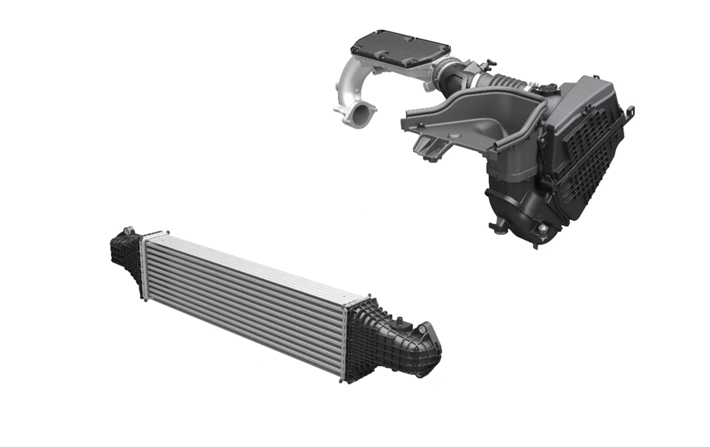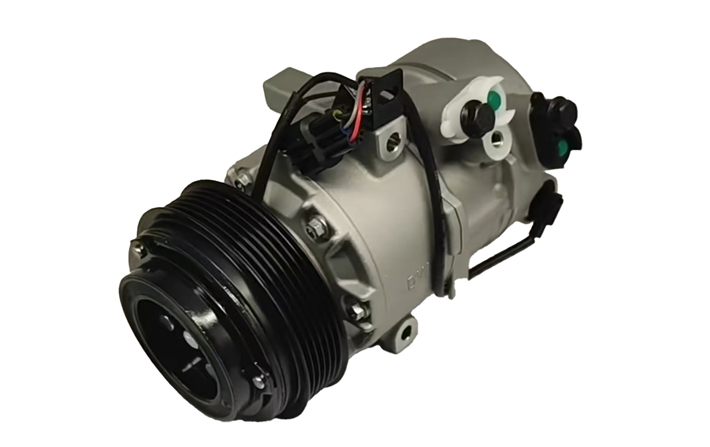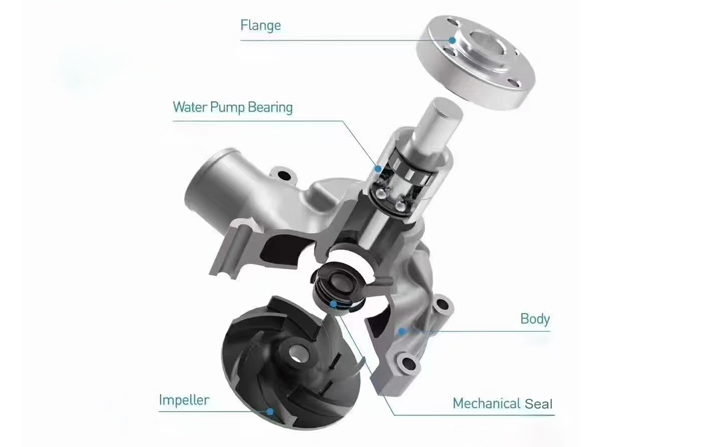It's simple, the KVR brand was built on delivering higher quality, reliability and value than any other manufacturer. Whether supplying the world's automakers with reliable OE parts or developing aftermarket products that meet or exceed specifications Replacement parts, KVR's product line is all designed to deliver exceptional all-around performance every day. Our "higher standards" ethos attracts more attention from our colleagues, while our commitment to advancing technology into the future continues to differentiate us globally. Read below to learn more ways KVR sets itself apart.

The quality of KVR parts is assured because every component that made by KVR's factory is precision engineered, manufactured to the strictest OE standards or higher, and rigorously tested for safety and performance. In the end, it all comes down to quality - and that's what KVR shows.
Every product part is created in the utmost detail, and each component is precisely designed and built according to OE standards. Rigorously tested for safety and performance, it exceeds our expectations. Only by passing the quality test can you reflect your trust in KVR

Products are widely used: cars, trucks, engineering vehicles, agricultural machinery lights.
Pour ingenuity into the product

The intercooler is a critical component in the intake system of turbocharged or supercharged engines. Its primary function is to cool the intake air after it has been heated by the compressor, thereby increasing air density and improving engine combustion efficiency and power output. The intercooler is typically connected to the compressor outlet and the engine intake manifold via rubber or silicone piping. Loose or damaged pipe connections are common causes of boost pressure leaks, leading to reduced engine performance, increased fuel consumption, and even illuminated warning lights. This article outlines a systematic approach to inspecting the condition of intercooler pipe connections, helping vehicle owners and technicians quickly identify and prevent such issues. Details

Within an automotive air conditioning system, the compressor is the core component that drives the refrigeration cycle. Its primary function is to compress low-temperature, low-pressure gaseous refrigerant into a high-temperature, high-pressure state, enabling it to release heat in the condenser. The technical type of compressor directly impacts the system's efficiency, energy consumption, and cabin comfort. Currently, the main categories are Fixed Displacement Compressors and Variable Displacement Compressors. Understanding the distinction between them is essential for selecting the most appropriate and efficient replacement part for a vehicle.Details

The proper operation of a car engine relies on the cooling system's ability to continuously remove excess heat. This system functions like a closed-loop "circulatory" network, with its flow entirely dependent on the water pump. By rotating its core component—the impeller—the water pump converts the engine's mechanical energy into the hydraulic energy needed to circulate the coolant. This article clearly explains how it works.Details